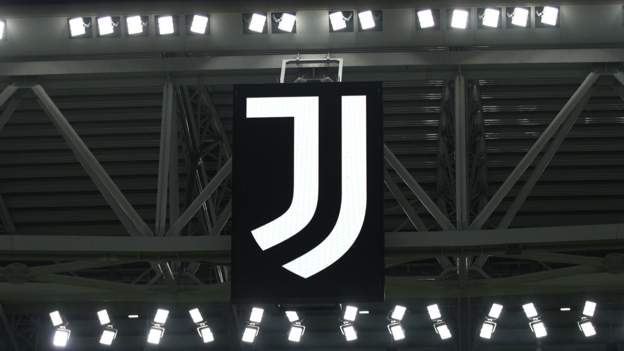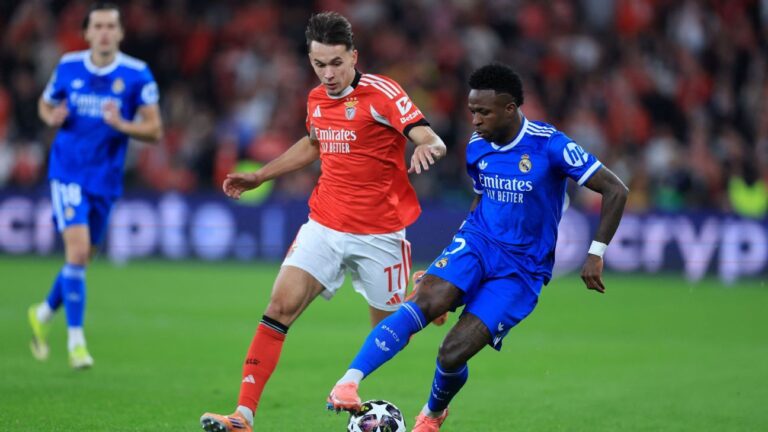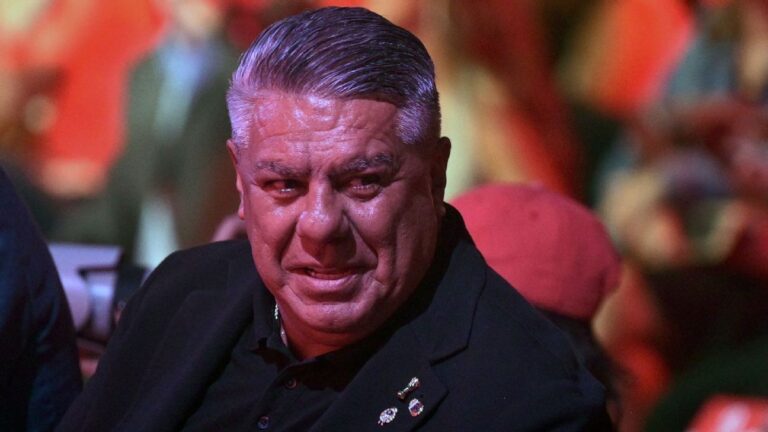Italian football has never known neutral ground. It hovers between the extremes, maybe nowhere more so than Juventus. Not even the most catastrophizing among us would have imagined we would be back here, deciphering why and how they have found themselves embroiled, yet again, in another scandal that could threaten their sporting future.
On 20, January the Italian Football Association’s sporting tribunal handed Juventus a 15-point deduction on account of the plusvalenze case, immediately dropping the club from third in the table to 10th.
Plusvalenze essentially means capital gains, a hot topic in Italian football for some time. A report by Italian football’s industry watchdog, Covisoc, was sent to the Italian Football Federation (FIGC) highlighting certain transfers that raised suspicions. In October 2021, the Federal Prosecutor was invited to investigate whether clubs were artificially inflating players valuations to achieve capital gains.
In April 2022, 59 executives and 11 clubs, including Juventus were acquitted of all charges, the reasoning being that it is impossible to objectively determine the value of a player.
However, prosecutors in Turin’s Public Prosecutor office initiated their own investigation (Prisma) and collected evidence which eventually led the FIGC to reopen the case. This process ultimately led to Juventus’ punishment.
We are, at this time, still awaiting the official reasoning behind the decision for such a strong penalty.
It’s also worth noting that in the capital gains in question represent only 3.6% of the Bianconeri’s revenues during that period according to reports.external-link
Juventus: Prosecutors call for club’s board to face trialJuventus: Uefa opens investigation into potential financial fair play and licensing breaches
To make matters worse for the club, a preliminary hearing for the Prisma investigation into Juventus will take place on 27 March and, at this, the club will have to fight allegations of artificial capital gains, false accounting and market manipulation.
They are accused of secretly paying their players that they had said would be foregoing four months’ wages during the Covid pandemic. Prosecutors allege that in actuality, players only missed one month’s wages and were paid the rest in secret. As a company that’s listed on the stock exchange, this would be tantamount to market manipulation if proved true.
The findings and conclusions of that trial could lead to further punishments from the FIGC. The Italian Giants maintain their innocence.
How did we get here?
Were Juventus financially mismanaged? Yes. Did the Ronaldo deal overextend them? Yes. Did they make poor transfer decisions? Yes. In truth it was a little bit of everything exacerbated by a pandemic that hit Italy and its economy harder than most. It’s one thing to take a financial gamble, another to do it at the worst time possible but hindsight is 20/20.
Andrea Agnelli and the entire Juventus board resigned in November causing shockwaves in world football. While he may be a polarising figure now, Agnelli was adored by all Juventus fans when he arrived.
Modern in approach, he surrounded himself with great minds and even better coaches. His Juve was built slowly and intelligently, at least initially. Money was not readily available at the start and had to be earned so great effort was put into building a perfectly balanced squad that grew in strength, becoming a force both domestically and in Europe.
However, no matter how well they performed, how many Champions League finals they contested and domestic trophies they collected, they could not match the financial prowess of their European competitors. Globally, their brand was not able to compete despite their incredible history.
According to Deloitte’s Money league report of 2016,external-link teams such as Milan and Schalke (who were relegated in 2021) were earning more in commercial revenue than the Old Lady. The report noted that the Bianconeri had only earned a relatively measly â¬73.5m from commercial revenue. That represented only 16% of their entire revenue with broadcasting representing 61%. By contrast, Schalke earned â¬107.9m.
Juventus’ brand needed help. As with any business, you start slowly and cautiously but you must then take a few calculated risks to elevate. Many have opined that Cristiano Ronaldo’s arrival at Juventus is what lit the flame that would incinerate their financial future.
Perhaps, but it is almost impossible to not understand the motivations behind striking the match and believing in a better future.
The Ronaldo effect
Ronaldo represented elevation, the next step in a master plan that would catapult Juventus’ brand and allow them to compete with the biggest and the best continuously. Was it a successful operation? The debate rages.
Ronaldo’s arrival may not have borne fruit on a sporting level but commercially he was the goose that laid the golden egg.
Before the Portuguese superstar arrived, the Bianconeri had as few as 10m followers on Instagram (only 3m in 2015). Now they boast 56m – more than Manchester City, Liverpool and Bayern Munich, among others. That secured better sponsorship deals, a more valuable jersey and many converted fans who stayed even when Ronaldo then left for Manchester.
According to Deloitte, Juventus earned â¬194 in commercial revenue last year, representing 48% of their total revenue.
Of course, increasing visibility and growing a brand is an exercise in futility if the club no longer wins on the pitch and the pandemic wiped out the other revenue streams. Closed and empty stadiums in a country that had one of the toughest lockdowns and decreased broadcasting revenues proved difficult to overcome. The commercial revenue was, and remains, a great help to their finances.
The pandemic ruined Serie A but that’s not to say that Juventus did not also make mistakes, none come bigger than letting go of director Beppe Marotta, the man who helped build Agnelli’s Juve.
It’s widely believed that Agnelli felt the club needed a shake up, to evolve and ‘think big’ after losing to Real Madrid in the 2017 Champions League final. Marotta was deemed to be too cautious. He was soon let go and Fabio Paratici was promoted.
Paratici may have been a wizard when it came to unearthing great talents but less accomplished when it came to dealing with finances and negotiating. Juventus began spending too much in wages and on players who looked good on paper but less so on the pitch. One of his most famous deals involved swapping Miralem Pjanic for Arthur Melo – a transfer that raised Covisoc’s suspicions for the amounts involved.
According to documents seized during the investigation into Juve’s finances, Corriere della Sera noted the existence of a notebookexternal-link said to belong to director Federico Cherubini that commented on Paratici’s “excessive use of artificial capital gains”. Remember, the Tottenham director was handed the harshest penalty by the FIGC.
Paratici and others struggled to balance the books and balance the team. Creating a team relies on so much more than buying skilled individuals. Marotta spent time on achieving balance, finding players with the right characters and a diverse set of skills to satisfy his coach’s requirements.
Without Marotta, Juve no longer seemed to have a plan. Allegri was let go in order to bring in a coach who could provide a more entertaining style of play but Maurizio Sarri was neither given the players to fulfil his mandate nor supported enough to build upon his work.
The strategy changed again. Youth became an answer. The club started depending on younger players and brought in rookie coach Andrea Pirlo. How did it end? Allegri was asked to come back. The club simply could not afford anything but stability especially when experiencing the harsh realities of life after a pandemic.
To succeed in football is tough, to do is in Italy, whose economy contracted by 18.9% in 2020,external-link is incredibly difficult. Agnelli soon realised that Juventus were simply never going to compete with the big boys. Even at her best, the Old Lady was not able to reap the rewards of her sporting success.
Thus came the Super League idea, a way of securing their future, of allowing them to at least compete. An arrogant response to his management’s failures?
Some may think so but others may feel he is not wrong in stating that European football needs reform to ensure competition exists in the future. How can others compete against the revenue created by leading clubs in England?
As for Italy, Juventus may be in the spotlight now but many are saying their plight is the tip of the iceberg. Has this case set a legal precedent? The FIGC prosecutor recently requested new evidence regarding Napoli’s transfer dealings.
Watch this space, one can only hope it does not all come tumbling down.
Our coverage of your Premier League club is bigger and better than ever before – follow your team and sign up for notifications in the BBC Sport app to make sure you never miss a moment




